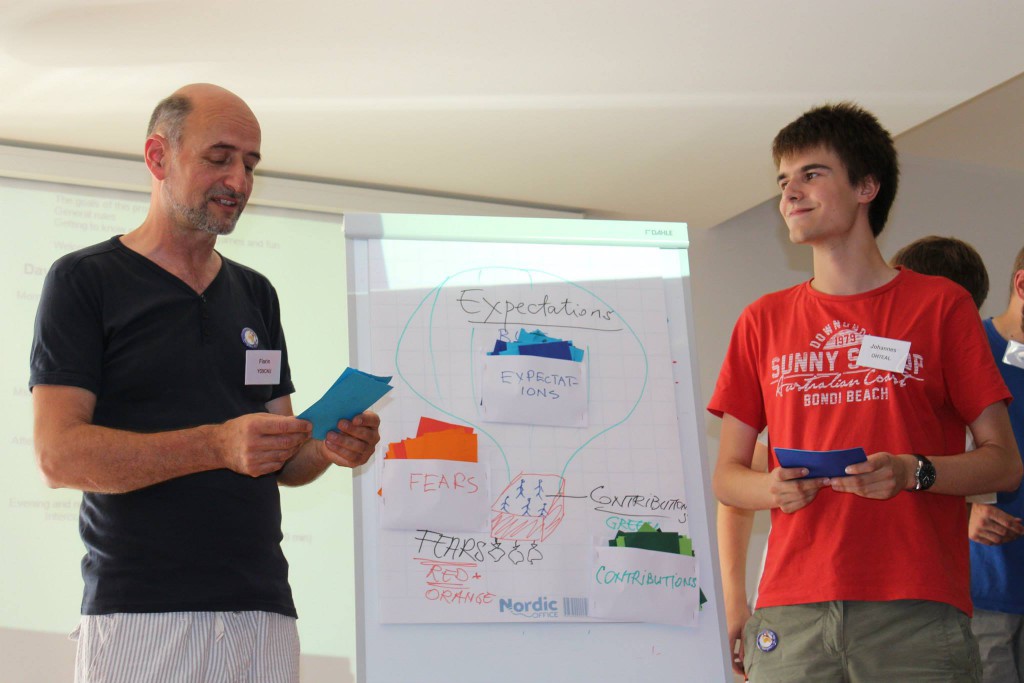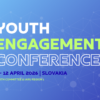We worked in teams for this workshop. This was great fun and everyone had their input.
Everyone agreed that the number one requirement is that the person has to have an interest in the sector. With this personal interest, one avenue to their career in telecommunications is through education (school, university) where a formal degree, diploma, masters etc is essential to entering or progressing in this area, although in some cases, it is possible to enter the area at a low-entry position and gain a practical experience as you progress through the company/business, but at some point a formal degree will be required for progression.
If studying the theory of your chosen area, then working in the sector at the same time whilst gaining some practical experience may give you a better understanding of your coursework. Connections to your area of interest (engineering, physics, electronics) can be of great help also, especially in the amateur radio hobby where portions of the HAREC exam concentrates on electronics for example.
Community is essential. This can be in the forms of local clubs or groups, which can not only to help you personally but also give you their knowledge, offer their assistance in practical terms, have a mentor type relationship, offer a social scene or provide social interaction (maybe in the form of forums, Facebook pages etc).
As a result of your hobby eg amateur radio, this may be the reason for you to follow a career in telecommunications. Through this hobby, you can build up a network of support. Fellow enthusiasts may be able to assist you get work in a particular area eg if you have a friend or colleague working in a company, and they require the assistance of a professional in some aspect of their business, a colleague may be able to suggest your skills as being suitable to assist, and this could potentially result in a part time position within that company, or even better, a permanent employment opportunity.
Self employment –v- employment with a company:- although self employment does have benefits in terms of your own independence and working at your own pace, it also requires a lot of start up capital which could have a major loss if the business fails. It also requires a base clientele which may be difficult to get if there are no prior connections or networks. It is could be simpler to begin in an employee role to gain the experience you need although this also has draw backs in that you are working to someone else’s timetable and agenda.
All in all, there are a number of avenues to gain entry to the telecommunications industry, which one suits you?
[wpgallery3 AlbumId=1430]

